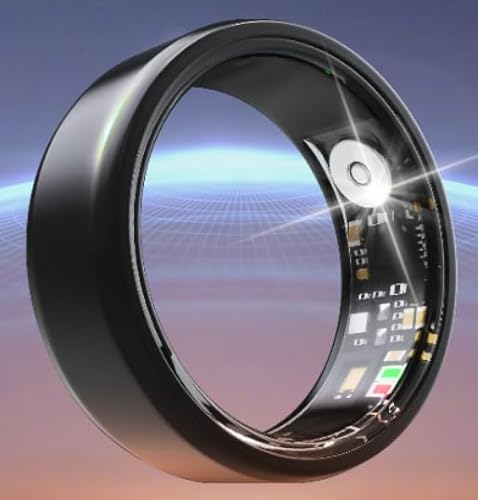I had my operation in Jan 2008 and it went very well. 6 months after surgery my cardio informed me that there was a slight tear in the valve however it was nothing to worry about at that point. Last October, he felt it would last me another 10 years without a problem and put me on an annual exam cycle. I asked what symptoms I needed to look out for and was told it would be the same as my aortic stenosis, shortness of breath, light-headedness, etc.
A few days ago I started experiencing these symptoms (so much for the ten year projection). It started to be noticeable after an exercise session which I have been pretty religious with averaging 2x-4x weekly.
Will be headed to the cardio in a few days. Needless to say, I'm not looking forward to this but after living in denial for a couple of days it finally hit me that ignoring it wasn't the best solution. I'm without insurance (have been for 10 years) so round two so soon was not in my immediate financial plans.
If you or others you know have experienced this, I have a few questions.
Has anyone experienced minimally invasive repair of such a condition?
If minimally invasive is not an option, I am considering replacing the valve (porcine) with an on-x. I went the porcine originally to avoid the hassle of warfarin but now that my second surgery is more likely to be sooner than later, I do not want to have to go through #3.
A few days ago I started experiencing these symptoms (so much for the ten year projection). It started to be noticeable after an exercise session which I have been pretty religious with averaging 2x-4x weekly.
Will be headed to the cardio in a few days. Needless to say, I'm not looking forward to this but after living in denial for a couple of days it finally hit me that ignoring it wasn't the best solution. I'm without insurance (have been for 10 years) so round two so soon was not in my immediate financial plans.
If you or others you know have experienced this, I have a few questions.
Has anyone experienced minimally invasive repair of such a condition?
If minimally invasive is not an option, I am considering replacing the valve (porcine) with an on-x. I went the porcine originally to avoid the hassle of warfarin but now that my second surgery is more likely to be sooner than later, I do not want to have to go through #3.






















